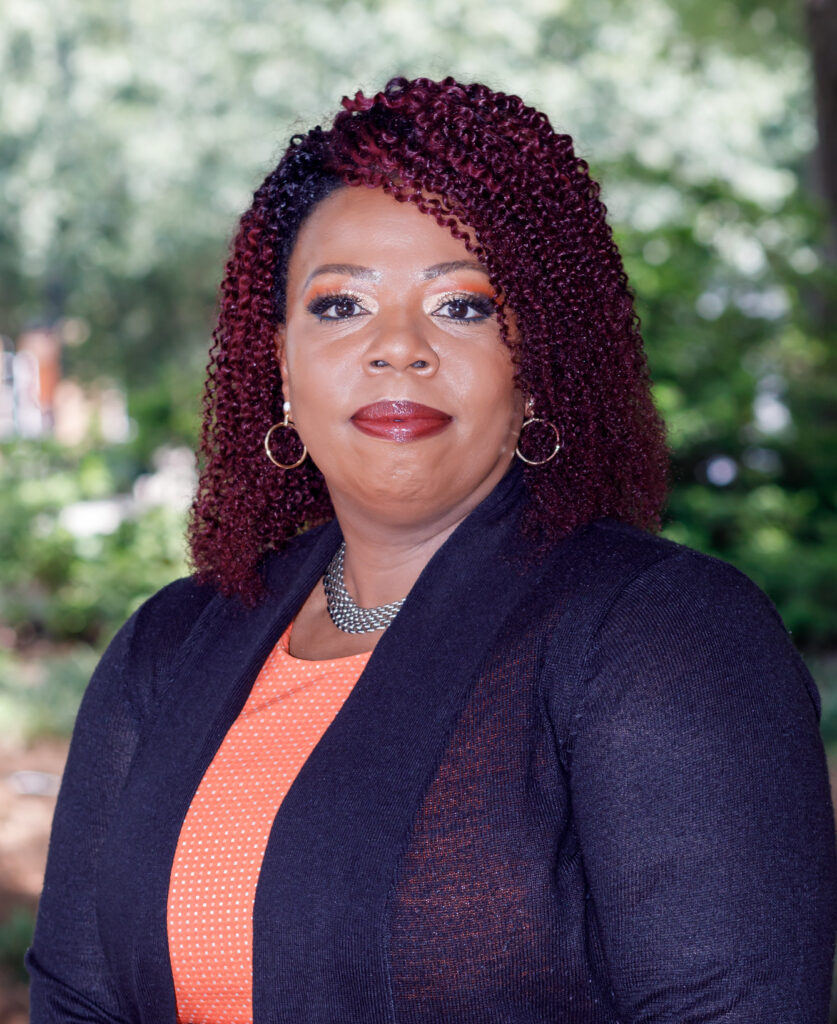Advent: Born to Set the People Free

Mark 9:9-13
As they were coming down the mountain, he ordered them to tell no one about what they had seen, until after the Son of Man had risen from the dead. So they kept the matter to themselves, questioning what this rising from the dead could mean. Then they asked him, ‘Why do the scribes say that Elijah must come first?’ He said to them, ‘Elijah is indeed coming first to restore all things. How then is it written about the Son of Man, that he is to go through many sufferings and be treated with contempt? But I tell you that Elijah has come, and they did to him whatever they pleased, as it is written about him.’
In full transparency, preparing this year’s Advent reflection has been a struggle. As a seminary professor, I believe that part of my job is to train future pastors to speak a word of encouragement to congregants when comforting words are difficult and scarce. However, what do I do when I find myself at a loss of words? In this season, I am brooding and feeling the deep unhappiness that comes with loss. Indeed, friends, colleagues, and family members have died unexpectedly. We are witnessing wars in Gaza and Ukraine that seemingly have no end in sight. In fact, news outlets report newborn babies in Gaza being transported from a bombed hospital in Gaza to Cairo, Egypt with the hope that they will be returned to their parents. Like parents hoping for the return of babies, I would argue that many of us are living in a state of brooding hope.
If I had to define “brooding hope,” I would simply term it as “unhappy expectation.” But how does one offer an encouraging word in such times? How does the pastor, preacher, or seminary professor invoke the beauty of the birth of Jesus when everything in the world seems antithetical to the wonder of a newborn baby who is destined to be “raised up” as a “horn of salvation” according to Zechariah’s prophecy in Luke 1:69? These questions made me realize that answers can only occur when we embrace the oxymoron of preparing for birth while also embracing death, thus leading to resurrection. Such an embrace is the context where brooding hope exists.
Mark 9:9-13 highlights the conversation that Peter, James, and John have with Jesus after witnessing his transfiguration. Jesus’s clothes became dazzling bright as he conversed with Moses and Elijah. After Peter suggests building three tabernacles on the mountain, God’s voice from the heavens admonishes the disciples to listen to Jesus. When the voice stops, the three disciples are left alone with Jesus. While coming down from the mountain, Jesus orders them to tell no one until after the “Son of Man had risen from the dead.”[1]
For the purpose of this Advent reflection, I highlight the way that the NRSV translates the Greek phrase “ek nekron anaste” (ἐκ νεκρῶν ἀναστῇ) as “had risen from the dead.” I think a nuanced translation is more appropriate.[2] The translation for anaste/ἀναστῇ as “had risen” is problematic because it does not take into consideration the significance of the subjunctive mood. Getting the nuance in translation is difficult because it says something like “until after the Son of Humanity may arise soon from the dead ones.”[3] Greek verb tenses appear in multiple moods (indicative, infinitive, imperative, optative, participial, and subjunctive). Greek scholars understand the subjunctive mood as the mood of futurity. Specifically, the subjunctive is the mood of anticipation or brooding hope.[4] Such anticipation treats the future as if it were already present but not yet. Jesus, in discussing his resurrection from the dead ones, shows how we, as contemporary Christians, often live in what the Apostle Paul would describe as the “already/not yet.” We anticipate resurrection even while we live in the midst of death. I can imagine the furrowed brows of Peter, James, and John as they ponder Jesus’s words. Their faces would represent the “brooding hope” that I feel in present time. We live in the midst of death but we also anticipate the advent of Jesus. Further, we also know that Jesus is the first fruits of resurrection and that our own bodies will experience the transformation of resurrection even as we live in the current age of death. Nonetheless, we are brooding but still hopeful.
Friends, I invite you all to live in the brooding hope of Advent even when recognizing that we should not live forced frivolity of Christmas festivities but we actually honor the seriousness of Jesus’s coming as we embrace brooding hope.
[1] Space does not allow me to address the phase “from the dead.” In my book, If God Still Breathes, Why Can’t I? Black Lives Matter and Biblical Authority, I address the phrase “ἐκ νεκρῶν” First, the ancient world used the term nekron both as an adjective and as a substantive (i.e. a noun to represent a group of people). In a Western thought system, I would argue that Greek writers’ use of a masculine, plural, genitive construction is a substantive use of nekros, which is not comparable to our Western understanding of being literally dead. A better translation would be being raised “from dead ones” which gives a slightly different connotation than “from the no longer living.” The connotation is more bodily and collective instead of abstract.
[2] D. C. Arichea and E. A. Nida, A Handbook on Paul’s Letter to the Galatians (New York: United Bible Societies, 1976), 5–6.
[3] This would be my loose translation.
[4] A. T. Robertson, A Grammar of the Greek New Testament in the Light of Historical Research (Logos Bible Software, 2006), 926–928.

Angela Parker
Rev. Dr. Angela N. Parker is assistant professor of New Testament and Greek at McAfee. She received her B.A. in religion and philosophy from Shaw University (2008), her M.T.S. from Duke Divinity School (2008-2010) and her Ph.D. in Bible, culture, and hermeneutics (New Testament focus) from Chicago Theological Seminary (2015). In addition to her teaching and research, Dr. Parker serves as co-chair for the Paul and Politics Seminar of the Society of Biblical Literature and is a committee member of American Academy of Religion’s Status of Racial and Ethnic Minorities Committee. While at The Seattle School, Dr. Parker received the Journal for Feminist Studies in Religion’s ESF New Scholar Award (2nd Place) for her article “One Womanist’s View of Racial Reconciliation in Galatians.” She teaches courses in New Testament, Greek Exegesis, the Gospel of Mark, the Corinthians Correspondence, the Gospel of John, and Womanist and Feminist Hermeneutics unto preaching. While not engaging in scholarship, teaching, and preaching, Dr. Parker can be found relaxing with her husband, Victor, while researching puppies to adopt.